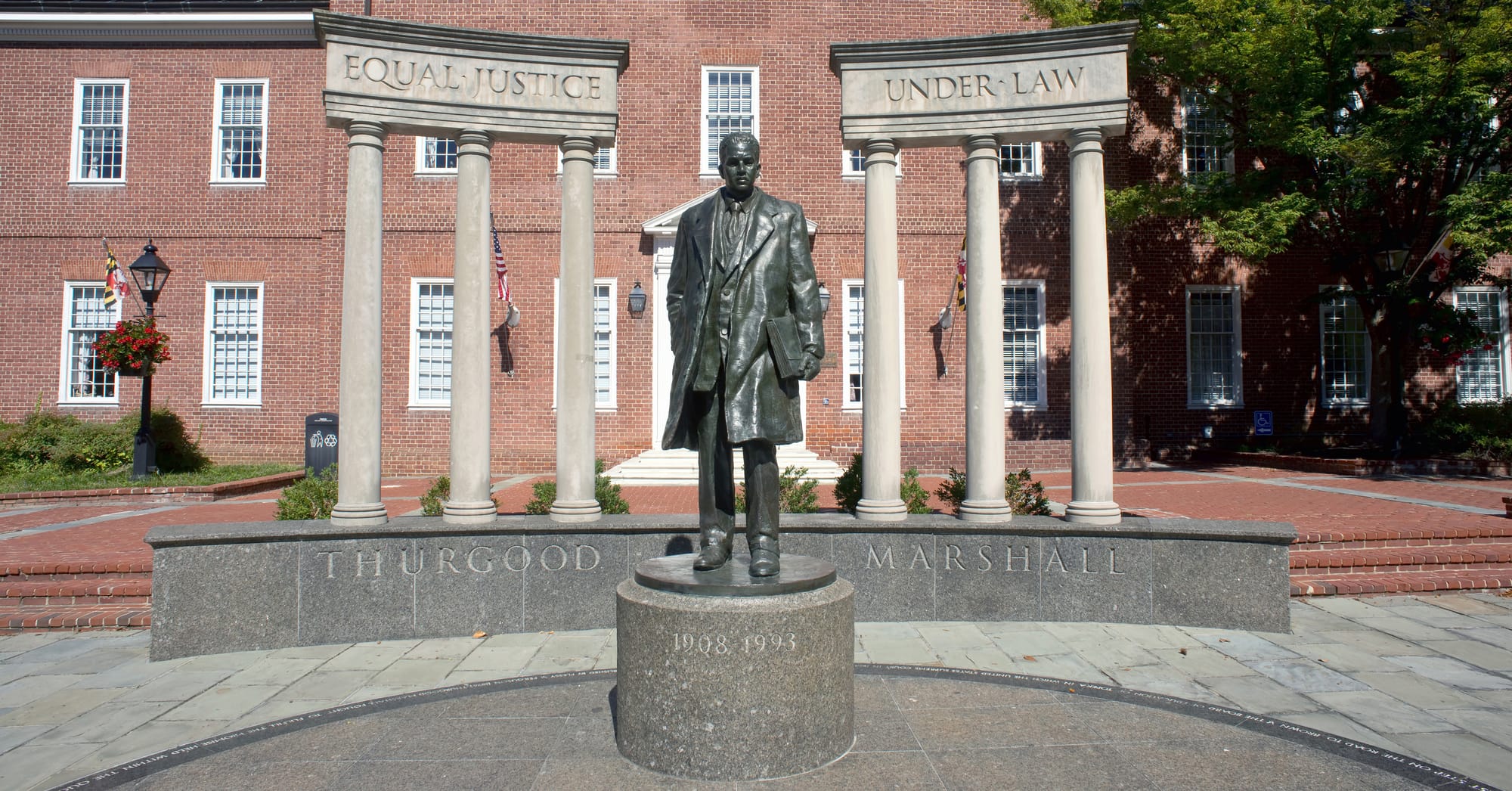Slavery Remembrance Day Program Canceled Amid Washington, D.C. Militarization
How do communities remember painful histories when public space feels militarized or inaccessible?

Prince Hall Affiliated Freemasonry has long commemorated Slavery Remembrance Day each August in Washington, D.C., honoring the legacy of Prince Hall and the enslaved African Americans whose stories they lift up. This annual gathering combines solemn reflection with community solidarity, tracing its roots to early petitions against slavery and underground efforts to assist freedom seekers.
Historical Context
Since Prince Hall established the first African Lodge in 1784, his followers have engaged in civic advocacy:
• In the 1770s, free black Freemasons petitioned the Massachusetts General Court to denounce slavery and demand equal rights.
• During the antebellum era, lodge networks provided logistical support for the Underground Railroad.
• Throughout Reconstruction and the civil-rights movement, Prince Hall Masons held public office and championed voter literacy, housing rights, and educational access.
This tradition of combining fraternal fellowship with social action makes Slavery Remembrance Day more than a ceremony—it’s a continuation of centuries-long resistance.
Cancellation of the 2025 Observance
On August 15, 2025, the Conference of Grand Masters, Prince Hall Masons, Inc., announced that the Slavery Remembrance Day Program scheduled for August 23 would be canceled “with sincere regret” due to “circumstances beyond our control” in Washington, D.C. Dr. Eugene Anderson Jr., President of the Conference, cited a heightened militarized presence in the capital as creating an unsafe environment for attendees.
Although the 11:00 AM commemorative program is canceled, Congressman Al Green will still host the 9:00 AM breakfast at the U.S. Capitol for the 50 registered guests. Organizers have apologized for the inconvenience and confirmed plans to reconvene the observance at a new location in 2026, maintaining the spirit of reverence and unity.
The Chilling Effect of Militarization
In recent months, federal authorities have placed the Metropolitan Police of D.C. under Department of Justice control and deployed National Guard troops across the city, citing “public safety emergencies.” Similar deployments in other urban centers have raised concerns about:
• The erosion of local sovereignty and civil-liberties safeguards.
• Disproportionate impacts on minority communities, who already face barriers to free assembly.
• The conflation of peaceful gathering with security threats, deterring parents, elders, and youth from public events.
For organizations rooted in collective remembrance and advocacy, these measures pose practical and symbolic hurdles to honoring historical struggles.
Adaptations and Next Steps
While the in-person program cannot proceed as planned, Prince Hall Affiliated Lodges are taking alternative steps:
- Hosting virtual memorials and panel discussions to explore the history of slavery and abolition.
- Partnering with local nonprofits on food distribution, legal-aid clinics, and youth-mentorship programs in underserved neighborhoods.
- Engaging civil-rights and civil-liberties groups to monitor federal deployments and support legal challenges aimed at preserving assembly rights.
Organizers emphasize that these efforts reflect the fraternity’s longstanding commitment to “peace, unity, and fraternal fellowship,” even when physical gatherings are restricted.
Preserving Memory Under Constraint
The postponement in Washington underscores a broader question: How do communities remember painful histories when public space feels militarized or inaccessible? For Prince Hall Affiliated Freemasons, the answer lies in adapting rituals and deepening local engagement—ensuring that, regardless of shifting security landscapes, the stories of those who endured bondage continue to inspire resistance and solidarity.
